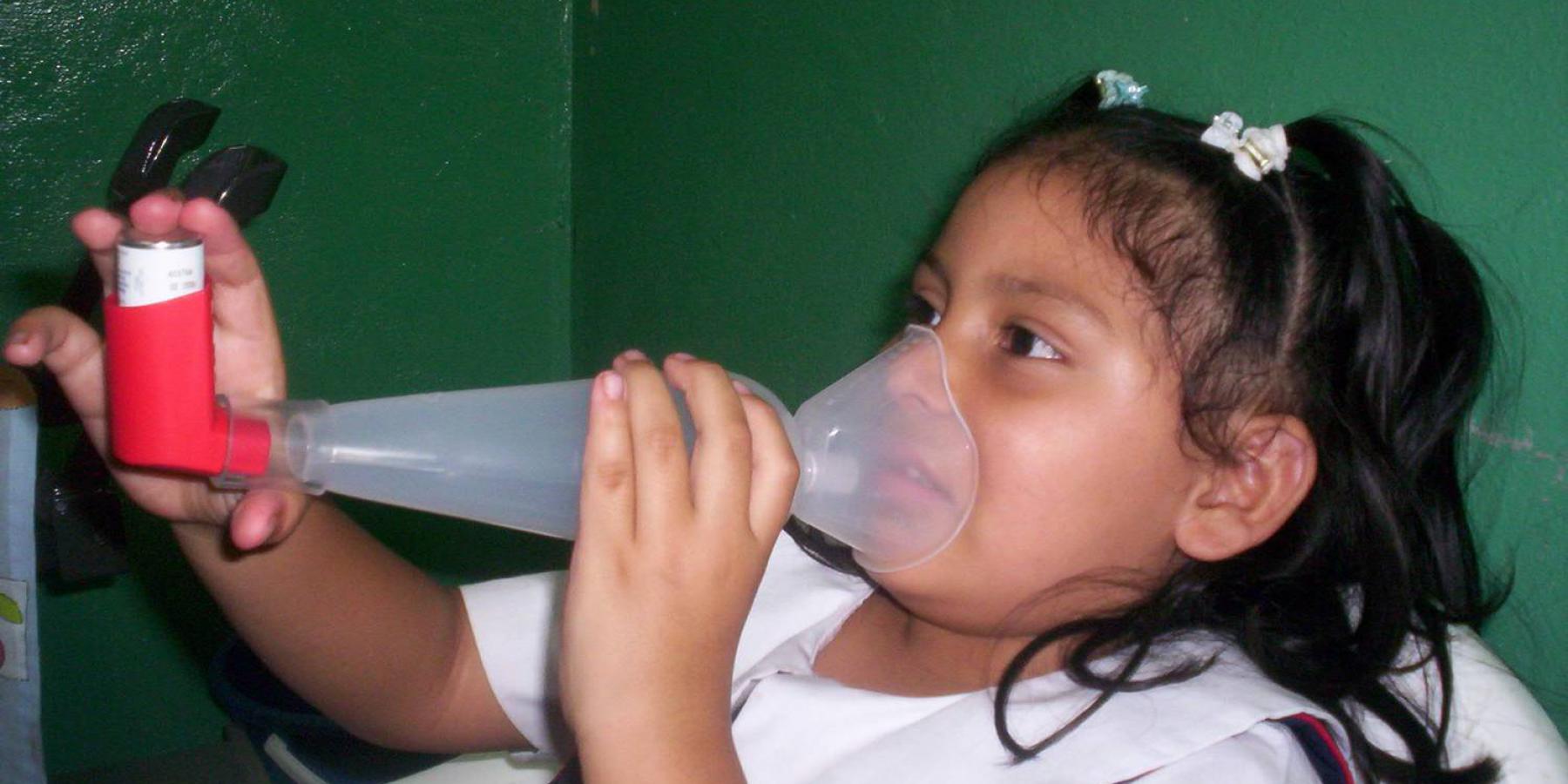NCD Alliance welcomes Rio Declaration and calls for joint action on NCDs and Social Determinants
24th October 2011

24th October 2011
The NCD Alliance applauds the World Health Organization for convening the World Conference on Social Determinants of Health, coming to an end today in Rio de Janeiro, Brazil. The NCD Alliance congratulates the Government of Brazil for hosting the conference and for providing global leadership on the social determinants of health; and welcomes the adoption of the Rio Declaration as an important and comprehensive set of global commitments.
The conference comes four weeks after the landmark UN High-Level Meeting on Non-Communicable Disease (NCDs) at which all UN Member States expressed grave concern at “the vicious cycle whereby NCDs and their risk factors worsen poverty, while poverty contributes to rising rates of NCDs, posing a threat to public health and economic and social development”.
According to the World Health Organization, 100 million people are pushed into poverty annually as a result of the high costs of health services which results in up to 5% of the population being forced into poverty in many countries. NCD Alliance Chair Ann Keeling called on governments to demonstrate their commitment to take coordinated action on NCDs and social determinants by agreeing to use a United Nations high-level review of progress on NCDs in 2014 as a joint platform; and by ensuring that future internationally agreed development goals provide a framework for progress on both fronts.
“The growing global burden of NCDs continues to threaten the development of societies and undermine initiatives to reduce poverty in low-income countries and communities”, said Ms Keeling. “It follows therefore that unless we address the conditions in which people are born, grow, live, work and age, along with the health systems available to them, our chances of reversing the NCD epidemic are very poor”. “We need the full participation of ministries of finance, foreign affairs, education, agriculture, and transportation, to name a few, to reduce exposure to NCD risk factors, plan and promote health-promoting environments, increase access to life-saving medicines and technologies, and do all they can to prevent unnecessary deaths caused by NCDs.”
Speaking from the conference, Paula Johns, NCD Alliance representative and Director of ACT Tobacco Control Alliance, a Brazilian coalition of over 300 organizations, said, “It is exciting to see so many governments commit to strong action to tackle the root causes of ill-health. Our experience in tobacco control demonstrates that we need a whole-of-government and whole-of-society approach to succeed. In Brazil, as in most countries, smoking is highest among the poor. For families on low-incomes, even a small amount of money spent on tobacco diverts resources from food and education. When the bread-winner gets sick from smoking, stops work and needs medical care, the impact on household income can be catastrophic. Tobacco farmers in low-income countries often find themselves in a cycle of debt to the big tobacco companies and have the added concern of diseases caused by tobacco cultivation.”